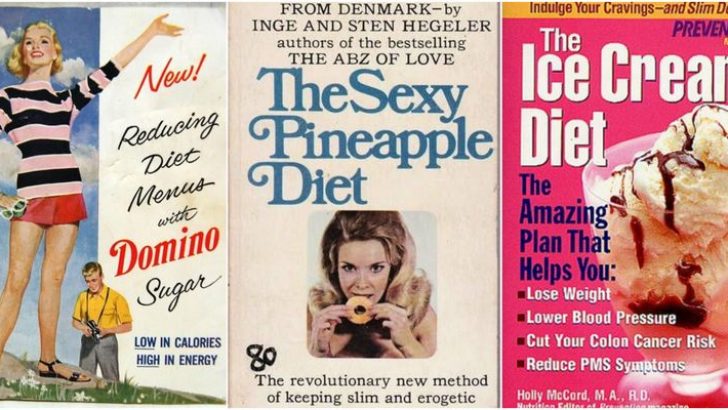Fifty years ago, society held a variety of beliefs that today seem quite far-fetched. As science and technology advanced, many of these notions were proven incorrect, reshaping our understanding of the world. This blog post explores 10 such beliefs, reflecting on how perspectives have changed over the decades. From health myths to technological misconceptions, these items highlight how far we’ve come in debunking falsehoods.
1. Smoking is Healthy
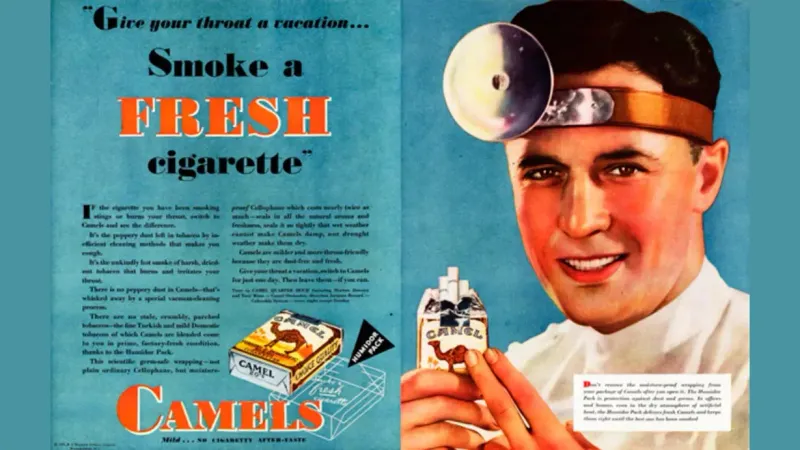
In the 1970s, smoking was not only socially accepted but also thought to have health benefits. Many doctors even recommended certain brands. The belief was that smoking aided digestion and reduced stress.
Marketing campaigns portrayed cigarettes as sophisticated and glamorous, further embedding this idea. Over time, scientific research unveiled the truth. Smoking was linked to lung cancer and heart disease, leading to a cultural shift.
Today, smoking is recognized as a major health hazard, a stark contrast to its once perceived status as a symbol of health and elegance.
2. Sugar is Good for You
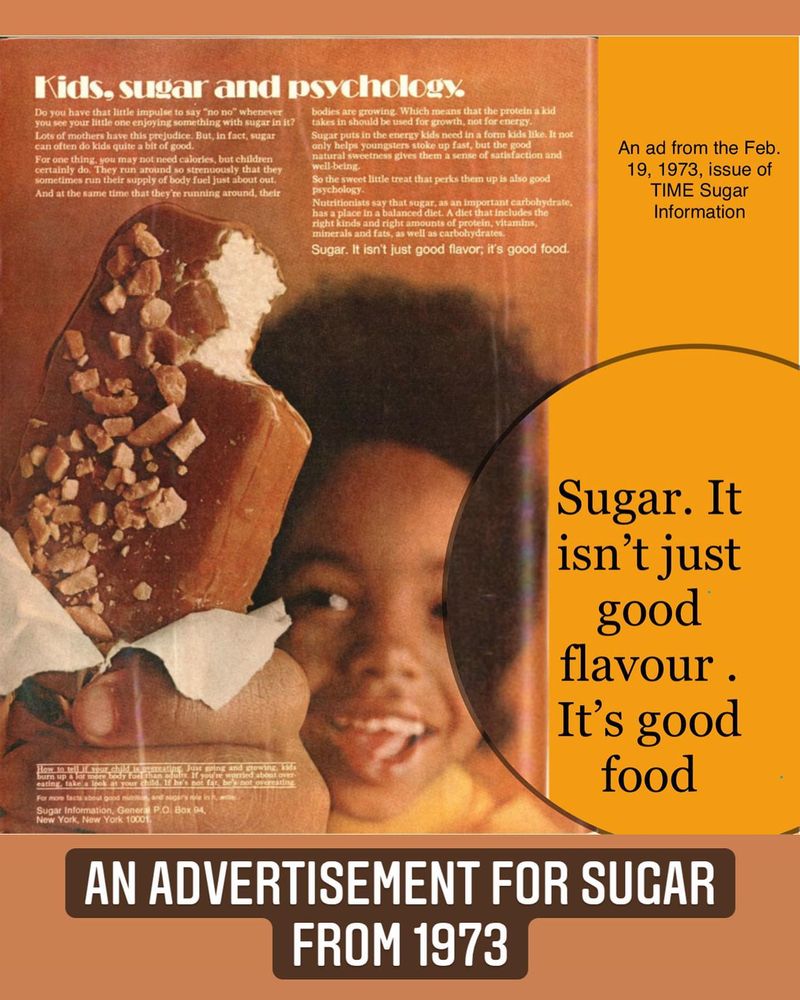
During the 1970s, sugar was touted as an essential source of energy. Advertisements showcased it as a necessary part of a balanced diet. This misconception stemmed from a lack of understanding about nutrition.
Parents were encouraged to add sugar to children’s meals, believing it would fuel their day. However, as dietary science evolved, the adverse effects of excessive sugar consumption became evident.
Today, sugar is known to contribute to obesity and diabetes, and its once positive reputation has been thoroughly debunked.
3. The Internet Will Fail
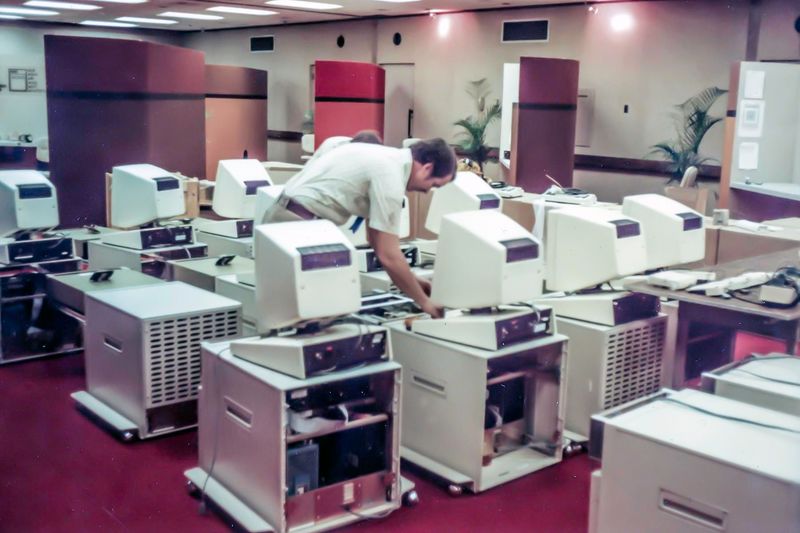
In the early days of computing, the internet was seen as a passing fad. Many believed it had no practical application beyond academic circles.
Critics argued that it lacked the potential to transform communication or business. However, as technology advanced, the internet became an indispensable part of daily life.
Today, it connects billions, driving innovation and globalization. What was once thought a fleeting trend is now a cornerstone of modern society.
4. Low-Fat Means Healthy
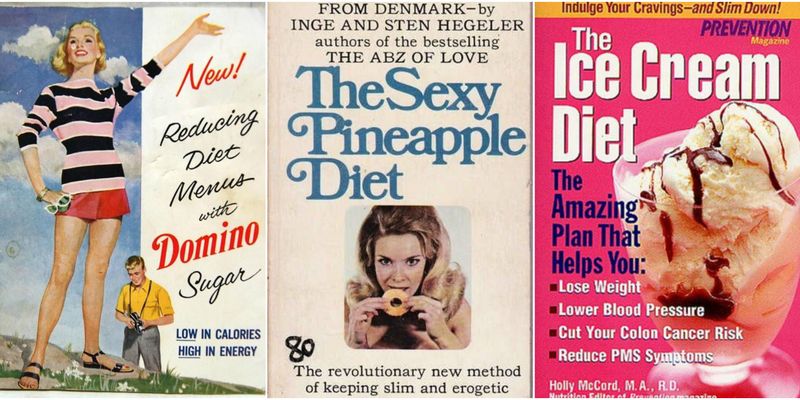
The low-fat craze of the 1970s was fueled by the belief that dietary fat was the primary cause of health issues. Food companies removed fat from products, replacing it with sugar and additives.
Consumers were misled into thinking these products were healthier. Over time, it became clear that not all fats are bad and that sugar can be more harmful.
Today, we embrace healthy fats while scrutinizing sugar content, a shift from the misconceptions of the past.
5. Space Travel is Routine
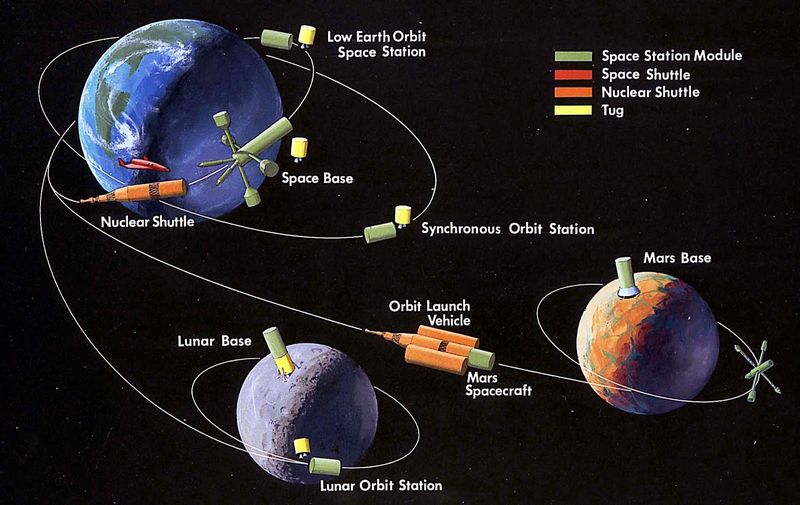
Following the moon landing, there was a widespread belief that space travel would soon become routine. People imagined holidays on Mars and daily shuttle commutes.
This optimistic view was fueled by rapid advancements in space technology. However, challenges like cost and safety made frequent space travel impractical.
Today, while space exploration continues to evolve, it remains a complex endeavor, contrary to the utopian visions of the 1970s.
6. Home Computers are a Gimmick
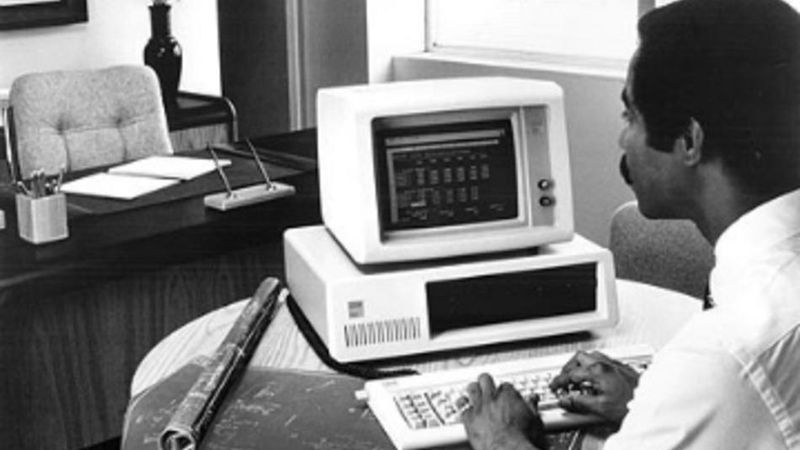
In the 1970s, home computers were dismissed as unnecessary novelties. Many thought they had no place outside of business or scientific environments.
The idea of a computer in every home seemed absurd. Yet, pioneers like Steve Jobs and Bill Gates saw potential. Their innovations transformed computers into essential household items.
Today, personal computers are ubiquitous, a far cry from their former status as curiosities.
7. Nuclear Power is the Future
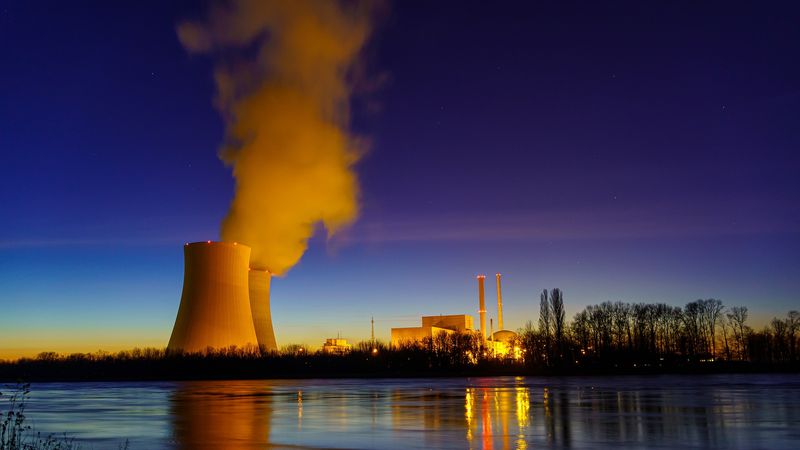
Nuclear power was once heralded as the solution to the world’s energy needs. It promised clean, limitless energy, leading to a wave of enthusiasm in the 1970s.
However, incidents like the Three Mile Island accident highlighted safety concerns, dampening the initial optimism. Public fear grew, and investment waned.
Today, while nuclear power plays a role in energy production, it’s met with caution, a reflection of its contentious journey.
8. Global Cooling Concerns
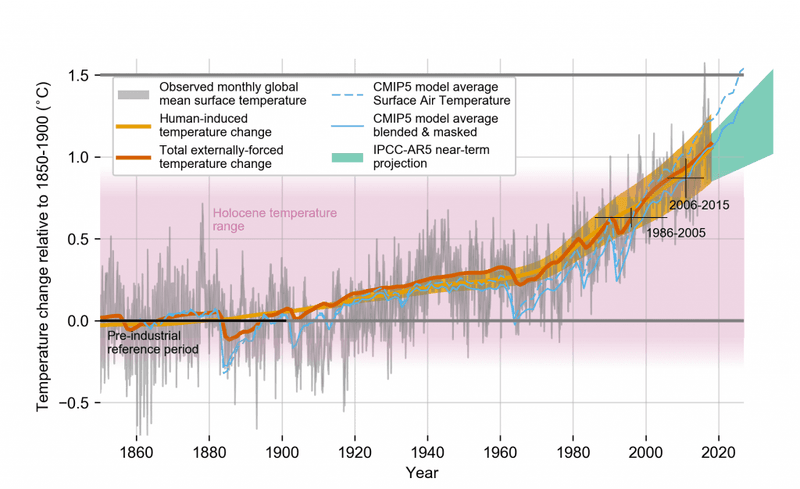
In the 1970s, scientists warned of an impending ice age. Media reports fueled fears of a rapidly cooling planet. This belief was based on short-term climate data.
Public concern grew, with predictions of severe agricultural impacts. Yet, further research revealed a warming trend, not cooling.
Today, climate change discussions focus on global warming, illustrating how scientific understanding has evolved.
9. The Metric System Will Prevail
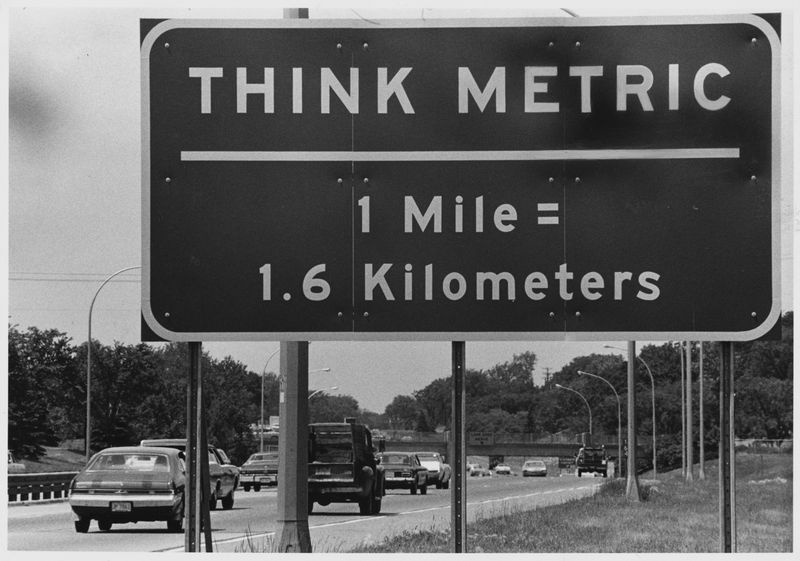
There was a strong belief that the metric system would soon replace customary units in countries like the United States. Educational campaigns aimed to make the transition smooth.
However, cultural resistance and practical challenges hindered widespread adoption. The metric promise remained largely unfulfilled.
Today, while the metric system is used in scientific contexts, traditional units persist in everyday life, especially in the U.S.
10. Artificial Sweeteners are Safe

In the 1970s, artificial sweeteners were celebrated as the perfect diet aid. They promised sweetness without calories, gaining popularity in the quest for weight loss.
Despite initial enthusiasm, studies began to question their health effects. Concerns about potential links to cancer and other health issues emerged.
Today, while still used, artificial sweeteners are approached with caution, reflecting a more nuanced understanding of their risks.
Hi all, I am Sidney, an accountant, a hobbyist photographer, and a mother to two sweet girls who are my motivation. I love sharing the tips and tricks I gained all these years I’ve been a mother. I hope it will help you!

